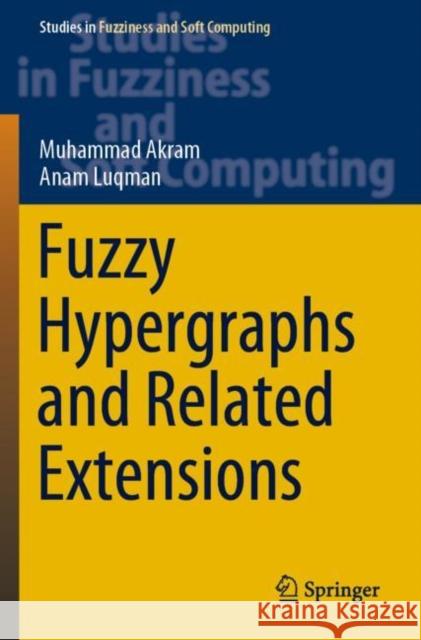Fuzzy Hypergraphs and Related Extensions » książka
topmenu
Fuzzy Hypergraphs and Related Extensions
ISBN-13: 9789811524059 / Angielski / Miękka / 2021 / 499 str.
Fuzzy Hypergraphs and Related Extensions
ISBN-13: 9789811524059 / Angielski / Miękka / 2021 / 499 str.
cena 201,72
(netto: 192,11 VAT: 5%)
Najniższa cena z 30 dni: 192,74
(netto: 192,11 VAT: 5%)
Najniższa cena z 30 dni: 192,74
Termin realizacji zamówienia:
ok. 16-18 dni roboczych.
ok. 16-18 dni roboczych.
Darmowa dostawa!
Kategorie:
Kategorie BISAC:
Wydawca:
Springer
Seria wydawnicza:
Język:
Angielski
ISBN-13:
9789811524059
Rok wydania:
2021
Wydanie:
2020
Numer serii:
000044347
Ilość stron:
499
Oprawa:
Miękka
Wolumenów:
01











